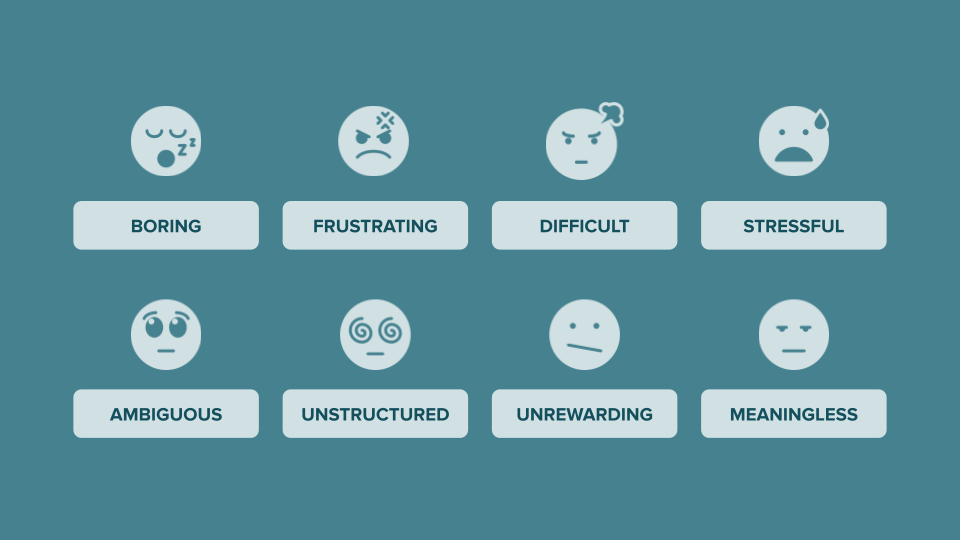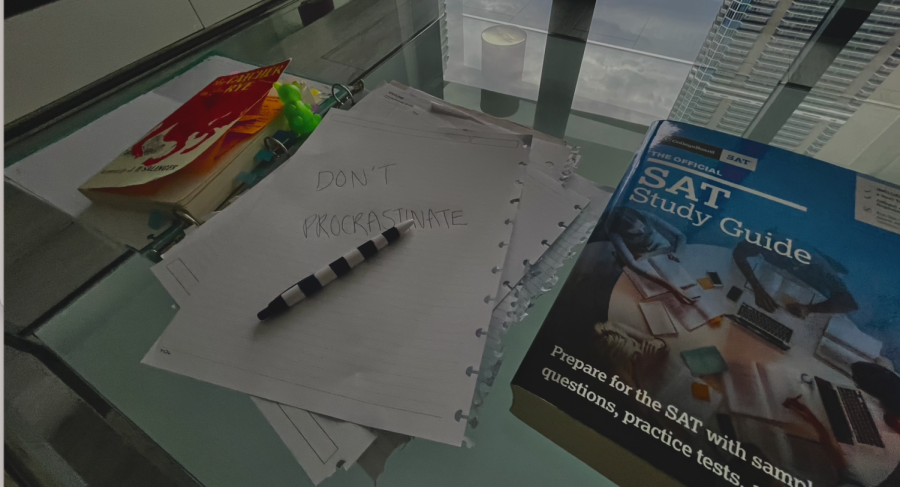Why Do We Procrastinate?
Manny frequently put important tasks aside, yet are often baffled as to why.
May 24, 2023
Isn’t it awful when we put off so many things and then wait until the very last minute to complete them?
Since every student in May seems to be stressed out over finals, this week has been particularly chaotic. Students are dealing with exams and end-of-the-year assignments, teachers are evaluating papers, and administrators are preparing to close the school year.
This raises the question of why we so many of us let the workload build up, and allowing everything to be completed at the last minute.

Time Management
The most obvious reason why people procrastinate is poor time management. Honestly, time management is a very difficulty skill to acquire, especially for some students. School for that very reason teaches a student how to work on this specific skill, but it can remain elusive.
According to the Semantic Scholar, poor time management skills come from personality traits such as impulsivity and distractibility.
It is also important to consider extracurricular activities and personal must-do’s that a student can’t put off in a day, making them deal with not being able to fit in five hours worth of homework.
Learning how to set goals and differentiate priorities and regular tasks is how leads to a better handling of so much stuff. Strong time management reduces task into a workable schedule, creating an environment where you don’t have distractions and are able to stay focused on your to-do list. This is an effective way to start working on time and decrease procrastination.
Perfectionism or High Standards
Individuals who strive for perfection and have high standards and goals can be considered to be the most overwhelmed. Trying to make every single task to perfection can take a while, which is why it often leads to procrastination and won’t make it to the deadline.
Perfectionists can lead to a thinking referred to as “all-or nothing” according to Psych Central. Perfectionists believe that if they can’t do something perfectly, then it’s not worth turning in and can potentially ruin their goals.
Perfectionism can tend to be overrated. At the end of the day, people should focus on the progress more than on success. If you know that what you’re doing works, then don’t overthink it, and trust that it is good enough, and that it will lead you to your end goal. This will potentially reduce procrastination.
Lack of Motivation or Interest in a Task
According to McLean Hospital, a lack of motivation is one of the most common reasons for procrastination.
Someone can fall behind very considerably if he lacks drive or enthusiasm for a task. Feeling like what you’re supposed to do is not worthwhile or something you want to be doing is entirely normal.
Remembering that you are doing this for a reason, even if it is causing you worry or anxiety, may help you overcome this thinking. Once the activity is finished, you will feel relieved and perhaps even delighted. In order to achieve a good outcome, it is often necessary to complete the activities that are always the most difficult.
Just keep in mind that everything you learn and must accomplish has a purpose and is doable. Nothing is impossible, and even if you dislike your task today, it might come in handy tomorrow.

Procrastination has a negative effect on people, increasing stress levels and causing missed deadlines while providing no gratification for the day’s production. Understanding your own particular reasons for why this occurs will help you follow the way to lessen the problem. It is actually feasible to establish wholesome habits in order to stop procrastinating or even prevent it, altogether.















